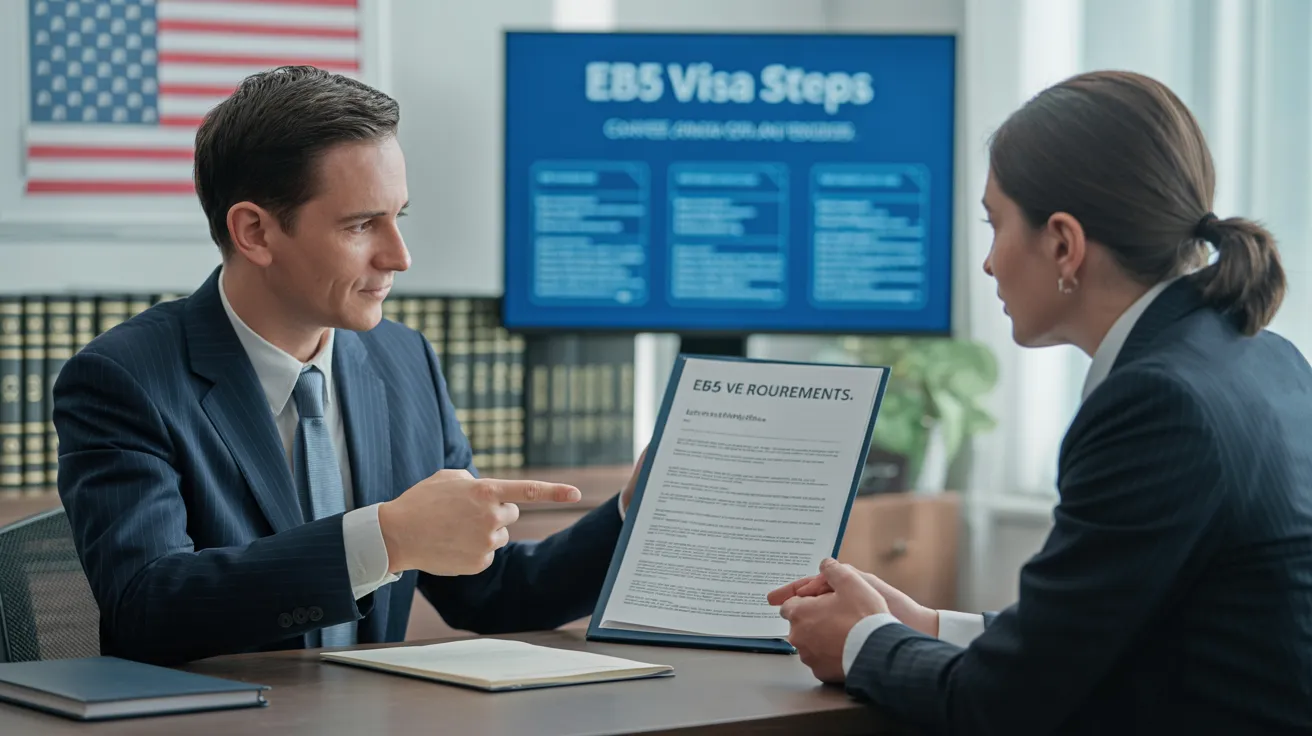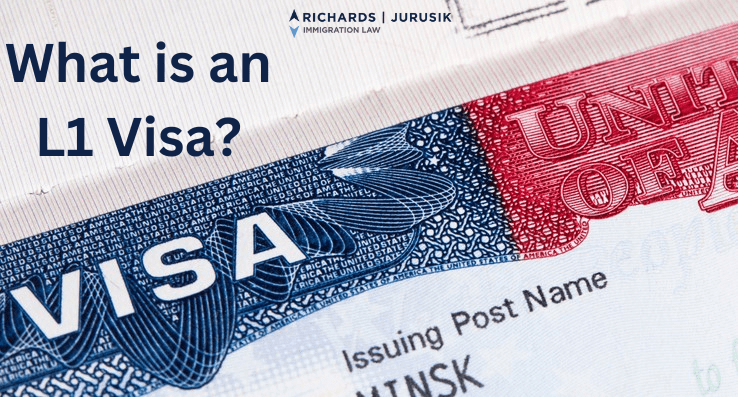The smart Trick of L1 Visa That Nobody is Talking About
Table of ContentsNot known Facts About L1 Visa3 Easy Facts About L1 Visa DescribedOur L1 Visa PDFsThe Basic Principles Of L1 Visa The Basic Principles Of L1 Visa 7 Easy Facts About L1 Visa Described
Readily Available from ProQuest Dissertations & Theses Worldwide; Social Scientific Research Costs Collection. DHS Workplace of the Assessor General. Retrieved 2023-03-26.
United State Department of State. Obtained 2023-02-08. Tamen, Joan Fleischer (August 10, 2013).
Little Known Questions About L1 Visa.
In order to be qualified for the L-1 visa, the foreign business abroad where the Beneficiary was utilized and the United state company have to have a certifying connection at the time of the transfer. The various types of qualifying partnerships are: 1.
Example 1: Firm A is incorporated in France and uses the Recipient. Firm B is included in the united state and intends to request the Beneficiary. Company A has 100% of the shares of Firm B.Company A is the Parent and Company B is a subsidiary. As a result there is a certifying connection between the 2 business and Company B ought to be able to sponsor the Recipient.
Instance 2: Firm A is integrated in the U - L1 Visa.S. and desires to request the Beneficiary. Business B is incorporated in Indonesia and uses the Beneficiary. Company An owns 40% of Company B. The staying 60% is had and regulated by Company C, which has no connection to Company A.Since Firm A and B do not have a parent-subsidiary connection, Firm A can not sponsor the Recipient for L-1.
Company A possesses 40% of Company B. The staying 60% is had by Company C, which has no relation to Company A. However, Company A, by formal contract, controls and full takes care of Firm B.Since Business An owns much less than 50% of Company B yet handles and manages the company, there is a qualifying parent-subsidiary relationship and Firm A can sponsor the Recipient for L-1.
Some Ideas on L1 Visa You Need To Know
Associate: An associate is 1 of 2 subsidiaries thar are both possessed and regulated by the exact same parent or individual, or had and controlled by the exact same group of people, in generally the very same proportions. a. Example 1: Business A is integrated in Ghana and uses the Beneficiary. Company B is integrated in the U.S.
Business C, also included in Ghana, has 100% of Business A and get started 100% of Company B.Therefore, Company A and Firm B are "associates" or sister firms and a qualifying connection exists between the 2 companies. Firm B should be able to fund the Recipient. b. Instance 2: Firm A is incorporated in the united state
Company A is 60% had by Mrs. Smith, 20% had by Mr. Doe, and 20% had by Ms. Brown. Firm B is incorporated in Colombia and currently uses the Beneficiary. Business B is 65% owned by Mrs. Smith, 15% owned by Mr. Doe, and 20% possessed by Ms. Brown. Firm A and Company B are associates and have a qualifying connection in two different methods: Mrs.
The L-1 visa is an employment-based visa classification developed by Congress in 1970, permitting international business to move their supervisors, execs, or essential personnel to their United state procedures. It is commonly referred to as the intracompany transferee visa.

In addition, the beneficiary needs to have operated in a supervisory, executive, or specialized worker placement for one year within the three years coming before the L-1A application in the international company. For new office applications, foreign employment must have remained in a supervisory or executive capability if the recipient is coming to the USA to function as a manager or executive.
The 6-Second Trick For L1 Visa

If given for an U.S. company functional for greater than one year, the first L-1B visa is for as much as three years and can be extended for an additional 2 contact us years (L1 Visa). On the other hand, if the U.S. firm is recently established or has actually been functional for less than one year, the first L-1B visa is provided for one year, with extensions readily available in two-year increments
The L-1 visa is an employment-based visa category developed by Congress in 1970, permitting multinational companies to transfer their supervisors, execs, or vital employees to their U.S. procedures. It is commonly referred to as the intracompany transferee visa.
Things about L1 Visa
Furthermore, the recipient has to have worked in a managerial, exec, or specialized staff member placement for one year within the 3 years coming before the L-1A application contact us in the international business. For new workplace applications, international work has to have remained in a supervisory or executive ability if the recipient is involving the USA to function as a supervisor or executive.
for up to 7 years to supervise the operations of the united state affiliate as an exec or manager. If provided for an U.S. business that has been functional for greater than one year, the L-1A visa is initially approved for approximately 3 years and can be prolonged in two-year increments.
If provided for a united state business operational for more than one year, the preliminary L-1B visa is for as much as three years and can be extended for an added 2 years. On the other hand, if the united state business is freshly established or has actually been functional for less than one year, the first L-1B visa is released for one year, with expansions readily available in two-year increments.